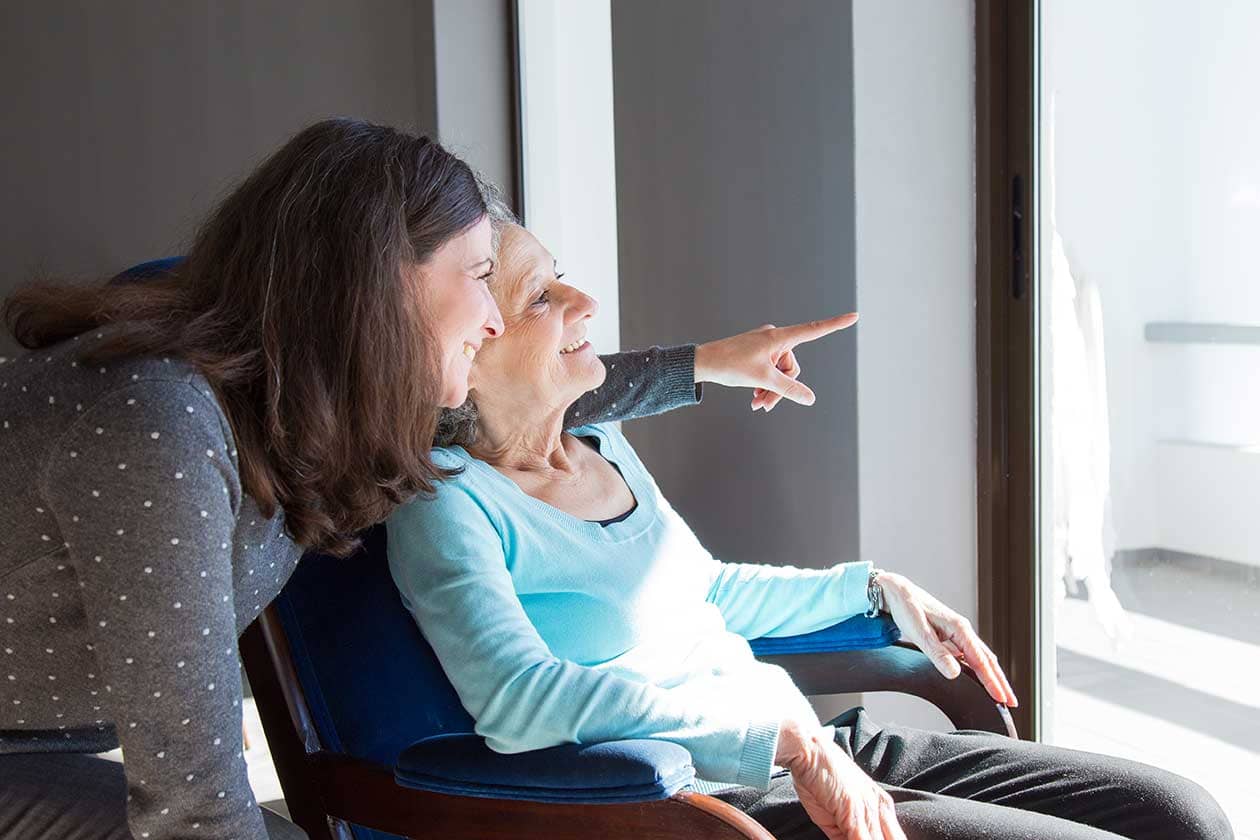Top tips for an enjoyable senior travel
- Admin |
- June 27, 2023
Travel requirements and preferences can change significantly as we age, regardless of whether you are a seasoned globetrotter or...
Read more
It may be rewarding to provide care for an elderly family member or a loved one who has a chronic or terminal disease. It provides an opportunity for interaction and nostalgia.


It may be rewarding to provide care for an elderly family member or a loved one who has a chronic or terminal disease. It provides an opportunity for interaction and nostalgia. Despite how important the time may be, it may also be draining. Caregivers may have mental and physical difficulties.
The Family Carer Alliance estimates that about 39.8 million people in our nation provide care for a friend or family member. That is over 16% of the adult population. Unfortunately, family carers frequently end up having health problems. It frequently occurs because they are unaware of the symptoms of carer burnout. Their health is deteriorating before they realize something is amiss.
The symptoms of carer burnout might be subtle and may develop gradually, making them easy to miss. You might be able to avoid a crisis by learning the most typical signs. Keep in mind these 10 red flags:
Sleeping excessively or insufficiently Feeling extreme exhaustion that doesn't go Better with sleep Having continuous digestive issues
It might be time to take a break and visit your primary care physician if these symptoms apply to you. They can aid in your return to a healthy course.
It's critical to take action immediately to stop burnout if you are aware that it is a possibility. Some of the greatest strategies for preventing carer burnout include:
There is probably a Heritage Care Home Senior Living in your area. Please give us a call as soon as possible to schedule a private tour. We can also give you a virtual tour to view all our communities have to offer if that's what you prefer. To learn more, call (704) 704-2231 today!

Travel requirements and preferences can change significantly as we age, regardless of whether you are a seasoned globetrotter or...
Read more
Dogs are excellent elderly companions. Dogs are a delight to share a house with because of their amusing, devoted, and adorable personalities...
Read more
Any age can find dating intimidating, but older adults in particular. The majority of people only date once...
Read more
Aging is a universal truth; everybody who has been born will grow older. However, seeing your loved ones grow older and weaker is hard...
Read more
Memory holds real significance in everyone’s life. It is a representation of our past experiences with happy, sad, or mixed emotions...
Read more